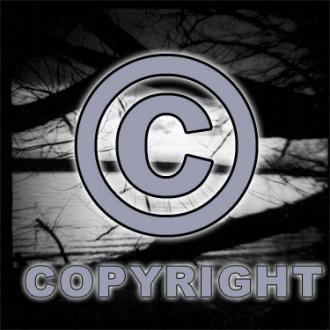
There is often a misconception that content online is either free or up for grabs. Most of us are well skilled in the art of copying and pasting, and we take its functionality for granted. Often times taking other people’s content, we seldom stop to think of the implications. Granted, this is not my personal opinion of the appropriateness of such conduct, more an attempt to enlighten those who are not aware of their actions.
Whether or not it has an accompanying copyright registration with the Federal Government, all original works of authorship posted online have inherent copyright protection. This means that it belongs to the author who created or owns the content, and that others may not make use of it freely.
Essentially, copyright protection means an author of a work has the exclusive right to profit and distribute the work. This includes display of the work. As I stated, there are limitations and exceptions, but the rights of content ownership are paramount to supposed First Amendment rights a good deal of the time.
Granted there are instances when content can be used with permission, but the lines are not clear cut. Such exceptions are called “fair use.” There are exceptions for educational or newsworthy purposes, but very often, uses of other people’s content is violative of their rights. To be clear, if you did not write content online, you should not be taking or copying it without the author’s written permission. Especially if there is any instance in which you might derive profit from such use. It is recommended that you do some research before publishing work not your own.
The most relevant law regarding copyrights online is the DMCA (Digital Millennium Copyright Act). This often used piece of legislation was passed in the late 90s in order to combat the growing flow of digital copyright violations. What it means for you, is that there are a number of proscribed remedies and procedures that may be under taken to claim relief. If you are an innocent host of a website or forum where copyrighted content may be posted without your knowledge, you are given a immunity if you conform to the laws requirements on taking down the copyrighted content once you have learned about it. Given the amount of time the DMCA has been around, there is a wealth of information on the law in regards to compliance, and the rights protected.
It is important to always remember the value of copyright protection. Sure there is the benefit on being heard and digested, but there are also fundamental rights at stake. It is not enough to simply credit the author when using another’s content. Don’t get plagiarism and copyright mixed up as can sometimes occur. They are different issues all together. The lesson is to respect others’ content and to protect your own original work. Besides, how often would someone not let you use their writing if you asked nicely enough?
